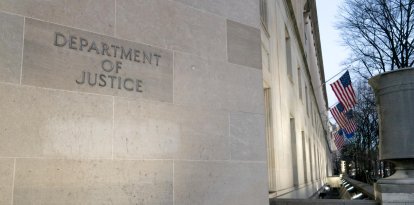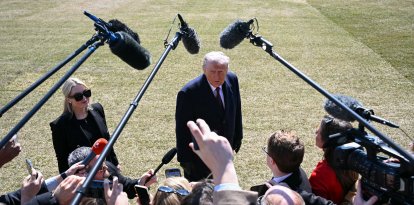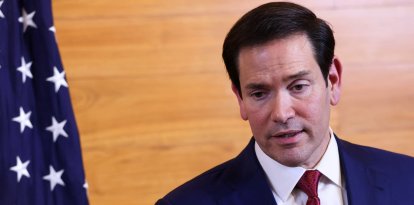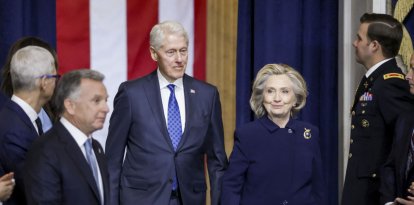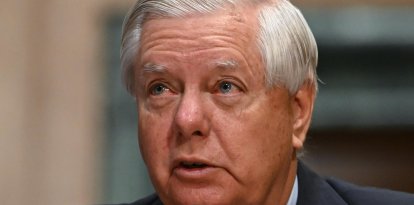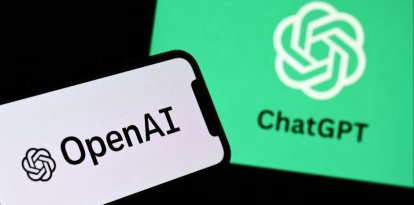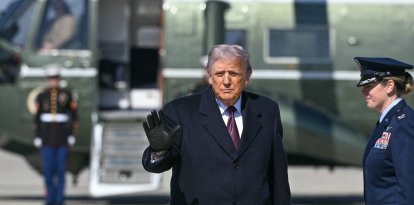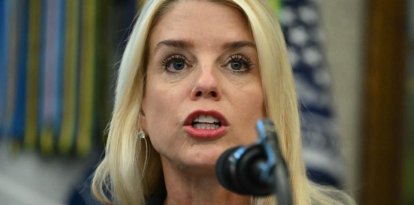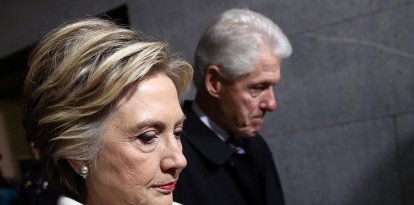The MRC claims Google has interfered with elections 41 times since 2008
The research center claims the company has helped Democratic candidates win elections in the United States.

(Pexels)
The Media Research Center (MRC) revealed that its researchers found that Google interfered in major elections in the United States at least 41 times in the last 16 years.
According to this information from the MRC, which analyzes and monitors the media and the impact of corporations on the public agenda, Google and its parent company, Alphabet, used their resources to alter and influence electoral results. According to the research center, in 2008, the big tech company "slightly" helped then-Senator Barack Obama, its preferred candidate in the primaries, and undermined his opponent, then-Senator Hillary Clinton.
Google took advantage of its large database and information about Americans to favor one candidate or another through information leaks. Some online content was also covered up, while others were promoted, depending on which campaign they could be more or less useful to.
"Google's massive and deliberate efforts to interfere in U.S. elections over the past 16 years are unacceptable and constitute the greatest threat to American democracy today," said Brent Bozell, president of the MRC. The research center claims that the interferences became more repetitive once Donald Trump won the 2016 presidential election.
In those elections, Google's algorithm allegedly promoted positive results about Clinton in searches to boost her public image. Specifically, it made alterations in the search bar's autocomplete tool. If a Google user typed "Hillary Clinton...," the search engine would suggest "Hillary Clinton criminal reform" and "Hillary Clinton India" instead of her legal problems during her time as Secretary of State in the Obama administration.
According to MRC, Google also worked with "partners" to bolster the Hispanic vote to favor Democrats. A leaked email chain showed a Google employee explaining how the big tech made a "silent donation" to the Voto Latino platform to fund transportation to the polls in "key states" for Hispanic voters. The tech giant also "helped them create ad campaigns to promote the rides."














